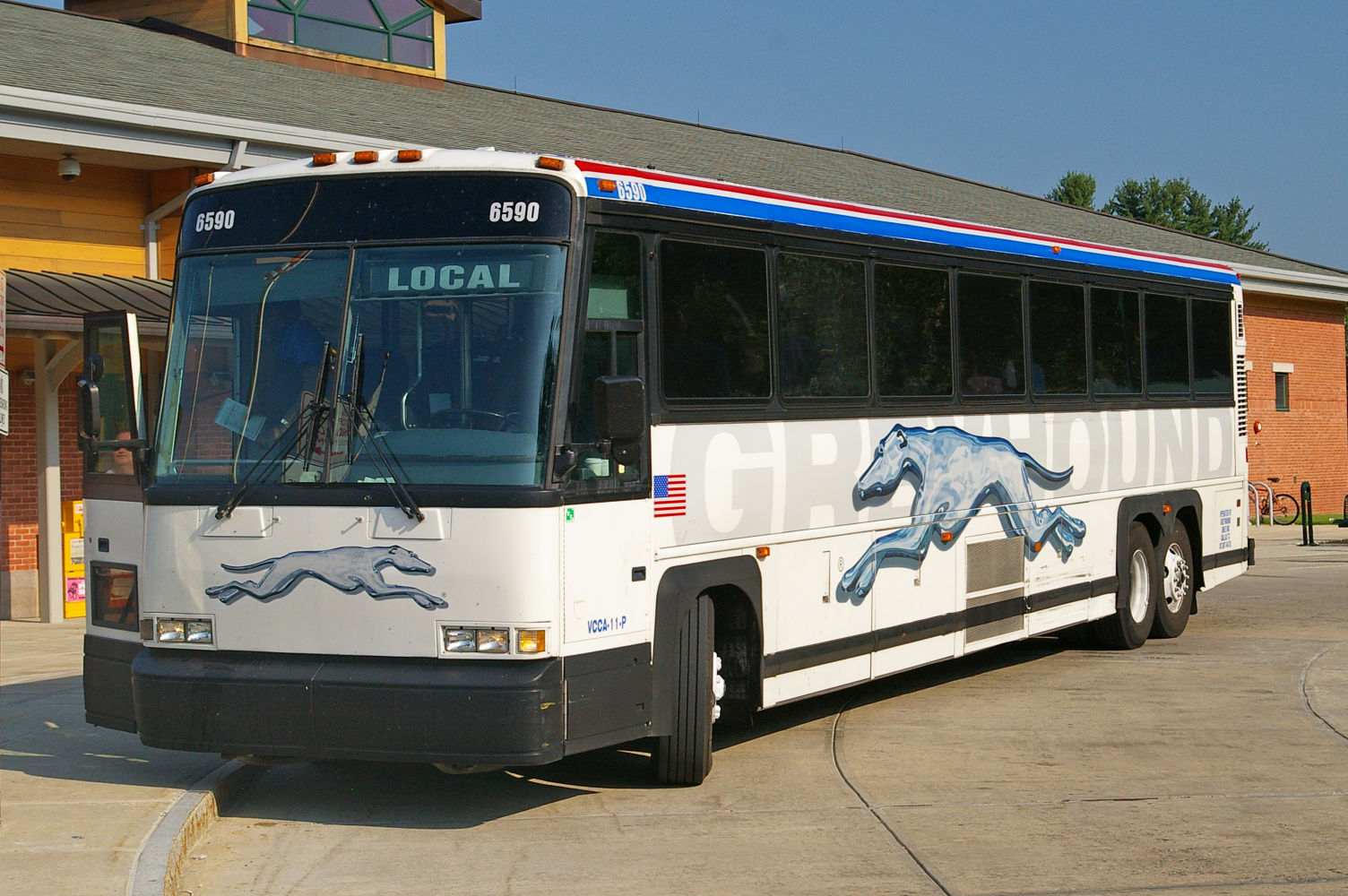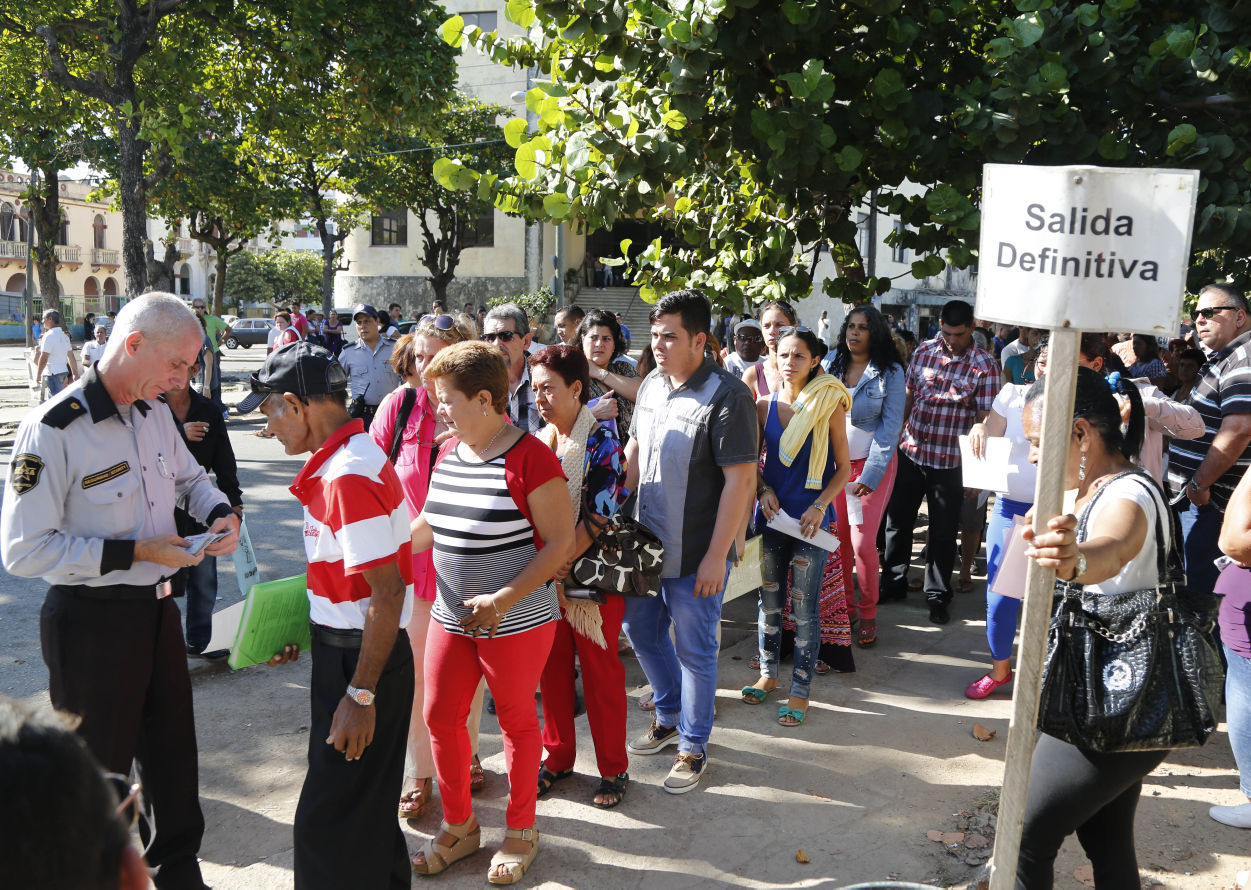
Greyhound in region’s future: Bus service looking to return to Terrebonne, Lafourche
December 23, 2014BESE considers increasing pupil cost by 2.75 percent
December 23, 2014President Barack Obama’s announcement of a move toward normalization of relations with Cuba is more than a headline for the handful of people with strong Cuban roots living in the bayou region.
And their reactions – like those of others nationally – are a combination of guarded optimism for the Cuban people, and some distress over what they see as a capitulation to the Castro regime.
“I am conflicted,” said Gloria Bourg of Houma, who came to the U.S. with her parents and brother in the early 1970s. “My dad would flip in his grave if he knew. Fifty years of an embargo did not do any good. It has been very ineffective. But on the other hand we are giving in to Castro when so many people died trying to leave Cuba.”
Louis Aguirre, who works for the Diocese of Houma-Thibodaux as its spokesman, is also a Cuban émigré. Speaking for himself, and not in his official capacity, Aguire echoed the conflicted view expressed by other Cubans now living here.
“After five decades of a failed regime in Cuba and the resulting suffering of the Cuban people, it gives me hope that this normalization would in effect translate into a better life for those people who have been suffering for so long,” he said. “My mixed feelings are because that normalization could serve as a strengthening of the Communist regime by virtue of bringing in more dollars and support of the government.”
Obama and Cuban President Raul Castro made simultaneous announcements last week that full relations between the U.S. and Cuba would commence.
The action does mean that the two nations will officially recognize each other. A U.S. embassy will operate in Cuba for the first time since the late 1950s. An economic embargo against trade with Cuba is still in place and cannot be amended or eliminated by America’s chief executive.
The U.S. severed all economic ties with Cuba in 1961.
The incoming Republican Congress has given strong signs that such a move would not happen soon.
Cuba released an American prisoner, Alan Gross, who was held there for nearly five years, and a U.S. spy held for more than 20 years. The U.S. has agreed to release three Cuban nationals held since 2001.
The U.S., while promising changes to travel, Internet and trade restrictions outside of the embargo, won some concessions from the Cuban government. Among those were a promise for the release of 53 political prisoners, cooperation with international organizations and permission for more Internet service in the island nation.
Raoul Castro’s brother, Fidel, who has been reportedly running the Cuban government, has not been seen or heard from as of press time.
Talks between Cuba and the U.S. were aided by the involvement of Pope Francis and the Canadian government.
Aguirre said that as a Catholic, he is pleased with the role the Pontiff played, which is described in national accounts as significant.
“I am grateful for Pope Francis’ push, but again I know that he is doing this for the people of Cuba,” Aguirre said.
Commercial interests have eyed the potential of Cuban markets for many years; the cruise ship industry and other travel-related companies have publicly declared their interest.
One industry with strong local roots so far does not see the changes as problematic for them, for now.
“In the short term it is negligible,” said Jim Simon of the American Sugarcane League, when asked about the potential for impact on local sugar farmers. “Cuba is not the sugar-producing powerhouse they were 40 years ago. Their industry has suffered drastically from a lack of reinvestment. They are producing enough for themselves and maybe a little bit of export. For them to impact the global sugar market a lot would have to be spent in their industry to ramp their sugar levels to those of 30 or 40 years ago.”
But it is matters of the heart and spirit, rather than commerce, which have made for emotional recollections from locals with Cuban roots.
Gloria Bourg vividly recalls events before and after Castro’s revolution, which overthrew U.S.-friendly dictator Fulgencio Batista in 1959.
Her family’s dairy farm was seized by the Castro regime and her grandfather died shortly after that of natural causes. But there was plenty of violence to go around.
“They were killing people with firing squads,” Bourg said, explaining how a neighbor would relate hearing the sounds of gunfire and the screams, eventually becoming a victim of a firing squad himself.
Bourg and her family remained in Cuba for more than 10 years after the revolution, fleeing in one of the many “freedom flights” that brought Cubans seeking a new life in the U.S.
“It is a weakness to give in to Castro and I will never change my mind on that,” said Bourg.
“My older brother Eduardo left Cuba Dec. 7, 1961. I left Cuba Feb. 6, 1962, and our parents came in October,” said Aguirre, whose family were considered political refugees. They were split up because all decisions were made at the pleasure of the Cuban government.
They reunited in Florida in December 1962 and then relocated as a family to New Orleans. His parents opened a foster home under the auspices of Catholic Charities, and overall cared for 36 Cuban boys. In order to make the move, the Aguirre family lost their property including a beach house and a house in Havana.
His father, Raoul Sr., was in the import-export business.
“Once you said you were leaving your assets, your home, your business, all of it was at the mercy of the government unless you returned, which, of course, my parents never did,” Aguirre said. “But they were looking to get out and to being in a place where we could exercise the rights that come with freedom. It was a very traumatic thing.”
People queue for visas at the U.S. Interests Section in Havana, Cuba, Monday, Dec. 22, 2014. After the surprise announcement of the restoration of diplomatic ties between Cuba and the U.S., many Cubans expressed hope that it will mean greater access to jobs and the comforts taken for granted elsewhere, and lift their struggling economy. The sign on the post reads in Spanish “definite Exit.”









